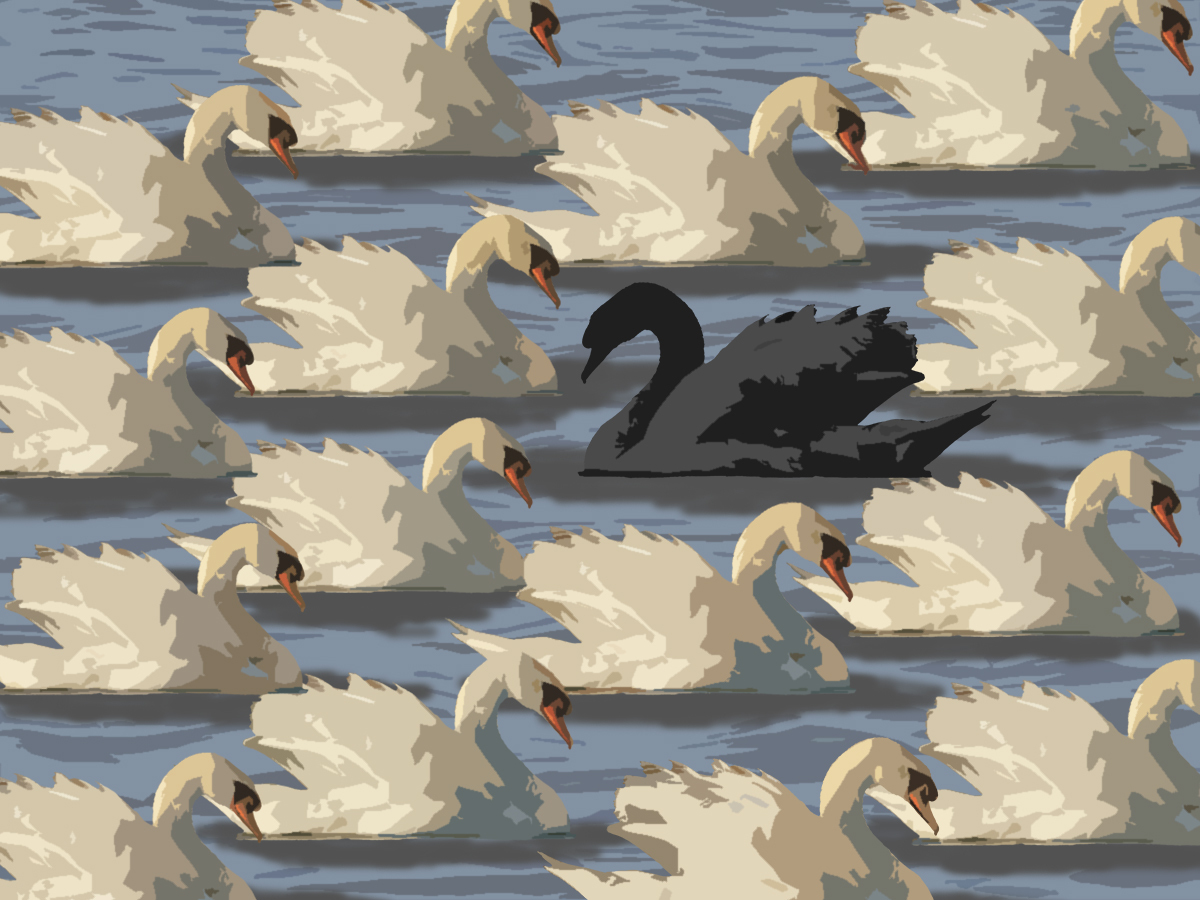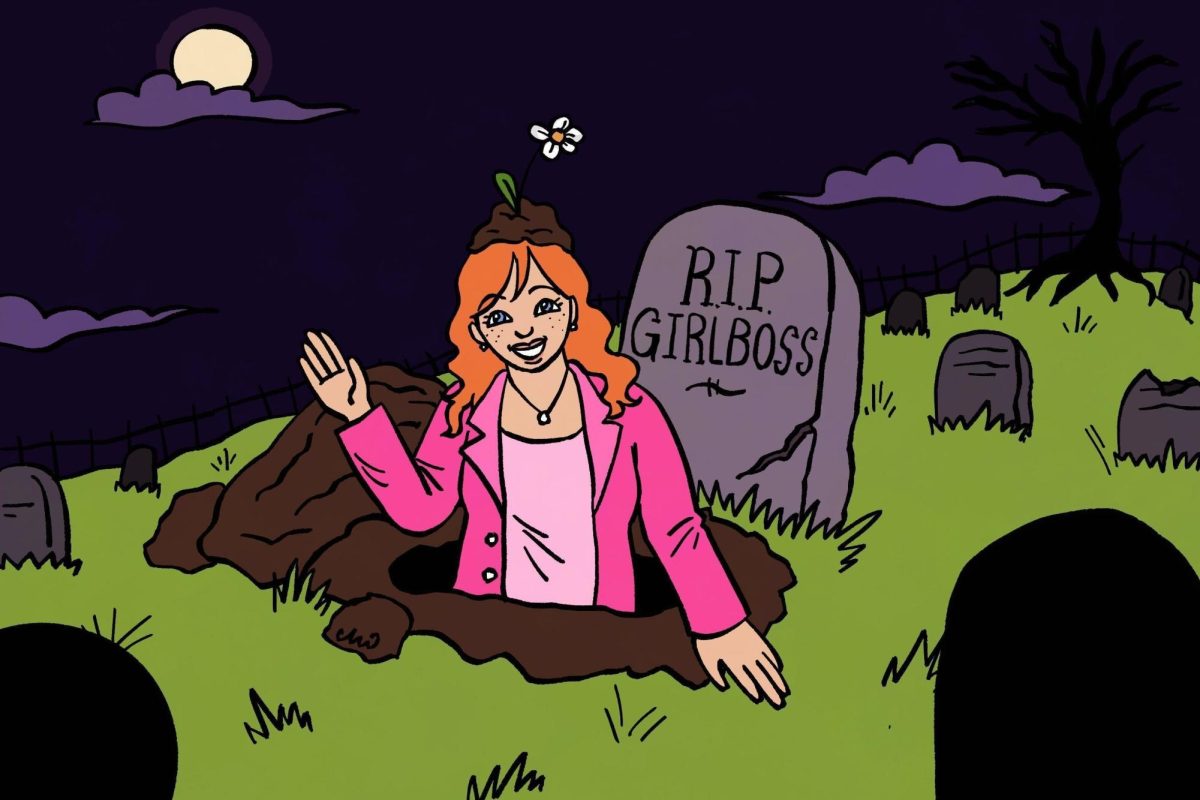Humanity was convinced for millennia that all swans were white. But with the sudden discovery of a single and rather unremarkable black swan, everything was turned upside down in an instant.
Just as we firmly believed all swans were white, we also tend to firmly believe we can predict the future — even though there will always be that unforeseen black swan.
Just take a look at history.
In Ancient Greece, there was a designated figure, the Oracle of Delphi, who would be consulted to predict the outcomes of wars, political decisions and personal matters. With astrology, humans tried to use nature’s grandeur to instill a spiritual sense of understanding the future.
Despite these efforts, outcomes of wars and political decisions often did not align with the predictions, as seen when King Croesus of Lydia misinterpreted the Oracle’s prophecy and lost his kingdom to Persia.
Now look closely at the financial systems that drive our world. Every day, trillions of dollars move through these markets, all based on humanity’s unwavering belief that we can predict the future. Whether it’s families or corporations, fortunes rise and fall on our attempts to foresee what lies ahead.
Yet, time and again, economies defy predictions, surprising us with unexpected downturns, booms or crises. Even the most seasoned experts often miss the mark, proving that no amount of analysis can fully account for the unpredictable forces that shape global markets.
How about the 2016 election? A plethora of predictions were thrown left and right to ultimately an outcome that shocked a majority of US citizens.
Even though we’re obsessed with predicting the future, those events are shaped by an almost infinite number of factors — far too many for anyone to fully account for.
Like Oscar Wilde said: expect the unexpected.
Acting upon unrealistic predictions can have drastic consequences on not only society as a whole, but our personal lives especially.
Take romance, where humans desperately try to define an ideal type and then search for someone who matches that image.
It’s almost foolish to believe that anyone can find someone who perfectly fits all their idealistic checkboxes. We usually end up falling for people who are nothing like the “ideal” we imagined anyways. Moreover, once in a relationship, how often do we make promises about the future, only to have them shattered by a breakup?
In my own experience, I often map out the trajectory of romantic relationships. I throw all future possibilities into a boiling pot of thoughts in my head and try to anticipate everything.
Yet, every single time, I’m wrong. And it’s terribly dangerous.
I get the notion that this person is meant to be in my life for the long run, and I end up overlooking so much. Red flags suddenly become beige, and my judgment fogs up. Then, when things eventually turn sour, I look back in hindsight and ridicule myself for failing to miss all the bad signs.
Even the passion that one feels will last forever, though however strong, truly doesn’t last.
But this isn’t to say we shouldn’t plan. In fact, planning is vital for structuring our lives and making progress.
But there’s an important distinction to make: Planning doesn’t mean clinging to a single path.
Flexibility and adaptability are equally important. Expecting the unexpected — whether it’s in finance, school or love — ensures we’re not thrown off course when things don’t go as planned. Instead of feeling disillusioned, we become more resilient, ready to pivot when life throws a black swan our way.
In fact, some of humanity’s greatest achievements came from embracing the unknown.
Almost all of the most established “successful” figures of society, like Jeff Bezos or Mark Zuckerberg, had to venture into areas previously deemed impossible and prove their worth. Unpredictability didn’t mean failure for them — it paved the way for success. They’re a powerful reminder that even when our predictions fail, the future holds possibilities beyond our wildest imagination.
So in the end, it’s not about abandoning the instinct to plan or predict the future — it’s about understanding the limits of those predictions.
Life is always going to throw us surprises, the kind that no amount of foresight can capture. We think we can map out our lives with perfect clarity, but more often than not, the roads we take are the ones we never saw coming.
It’s often the unexpected that shapes us the most. And maybe that’s the beauty of it. The future isn’t something we can, or should, try to fully control. The real challenge is learning to embrace the uncertainty, letting it guide us rather than fight against it. In doing so, we open ourselves up not just to the possibility of failure — but to the possibility of something far greater than we ever could have planned.
Daniel Fu is a finance sophomore and opinion writer for The Battalion.










